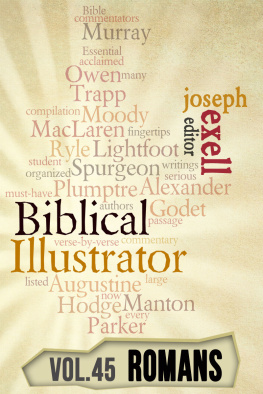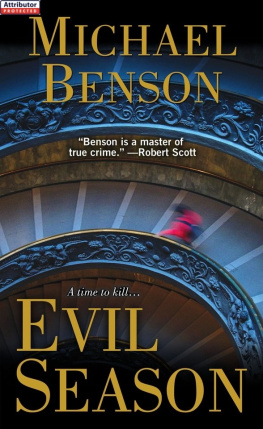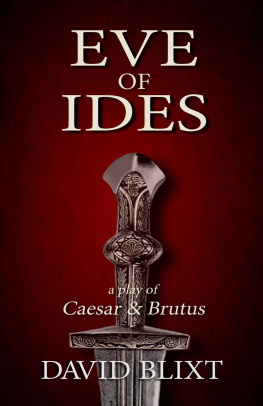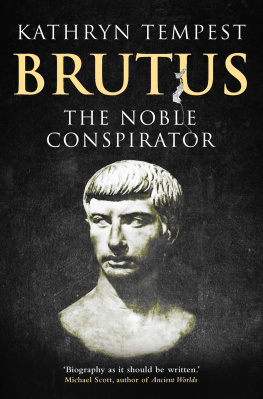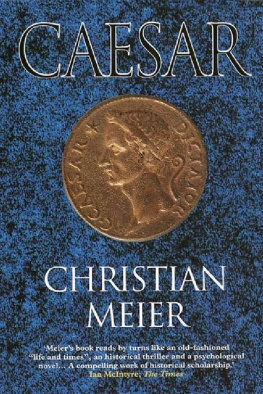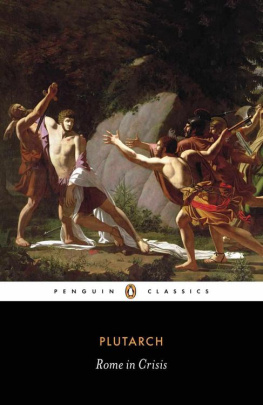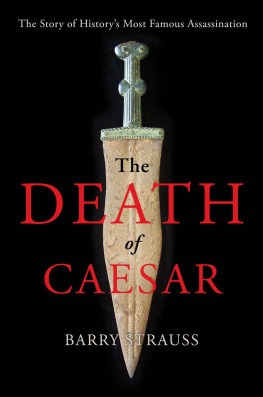First published in Great Britain in 2015 by
Pen & Sword Military
an imprint of
Pen & Sword Books Ltd
47 Church Street
Barnsley
South Yorkshire
S70 2AS
Copyright Dr Kirsty Corrigan 2015
ISBN: 978 1 84884 776 7
PDF ISBN: 978 1 47387 177 9
EPUB ISBN: 978 1 47387 176 2
PRC ISBN: 978 1 47387 175 5
The right of Dr Kirsty Corrigan to be identified as the Author of this Work has been asserted by her in accordance with the Copyright, Designs and Patents Act 1988.
A CIP catalogue record for this book is available from the British Library
All rights reserved. No part of this book may be reproduced or transmitted in any form or by any means, electronic or mechanical including photocopying, recording or by any information storage and retrieval system, without permission from the Publisher in writing.
Typeset in Ehrhardt by
Mac Style Ltd, Bridlington, East Yorkshire
Printed and bound in the UK by CPI Group (UK) Ltd,
Croydon, CRO 4YY
Pen & Sword Books Ltd incorporates the imprints of Pen & Sword Archaeology, Atlas, Aviation, Battleground, Discovery, Family History, History, Maritime, Military, Naval, Politics, Railways, Select, Transport, True Crime, and Fiction, Frontline Books, Leo Cooper, Praetorian Press, Seaforth Publishing and Wharncliffe.
For a complete list of Pen & Sword titles please contact
PEN & SWORD BOOKS LIMITED
47 Church Street, Barnsley, South Yorkshire, S70 2AS, England
E-mail:
Website: www.pen-and-sword.co.uk
Contents
Acknowledgements
While responsibility for the work contained within this book remains entirely my own, a debt of gratitude is owed to several people who have helped this project come to fruition. Firstly, I must thank Arthur Keaveney for his initial suggestion to pursue an ancient history biography, which I would not have considered without his encouragement. Furthermore, he has continued to support me along the way with his practical advice on the subject, proofreading of chapters, allowing me free access to his book collection for research and, not least of all, his patience. I would also like to extend my thanks to those who have helped me source images for the book, which I would have had difficulty in obtaining otherwise: fellow Pen & Sword author, Nic Fields, swiftly and favourably responded to an out-of-the-blue email request to borrow an image which I had seen in his book, Warlords of Republican Rome , and generously supplied images of other relevant places which he had visited; Jenny Keaveney kindly agreed to take time out of her holiday in order to take a selection of specific photographs in Albania for me; the MoneyMuseum of Zrich were extremely helpful and prompt in their email responses, allowing me to use images of their coin collection; and the Torre Argentina Cat Sanctuary in Rome provided an image, and agreed to my use of photographs of the Republican temple complex which included some of their feline residents. Thanks and appreciation must also go to all those at Pen & Sword who helped in the production of this book. Finally I would like to say thank you to my cats, Roma, Nero and Isis, who have been my constant companions while researching and writing and, of course, to my husband, David, who has, as ever, wholly supported and encouraged me throughout this project.
Kirsty Corrigan,
September 2014.
Ancient Sources
While the following is not an exhaustive list of ancient sources referred to throughout this biography, it provides a summary of the principal texts which should be consulted when piecing together the life of Marcus Junius Brutus.
Appian, Civil War
Appian was an Alexandrian lawyer and historian, who compiled a narrative history of Rome in twenty-four books during the mid-second century AD. The sections on the civil wars of the late Republic have survived and are considered especially valuable. However, caution over the reliability of Appians narrative should be urged, since his sources are uncertain and he was writing two centuries after the end of the Republic, meaning that he is considerably removed from the actual events of the period. Appian has a tendency to embellish details, which is most evident in the extended fictional speeches he places into the mouths of the historical figures about whom he is writing.
Augustus, The Achievements of the Divine Augustus
Also known by the Latin name of Res Gestae , this is a relatively brief record of the deeds of the Emperor Augustus, great-nephew and adopted son of Julius Caesar, which he had inscribed on his mausoleum, and copies of which were found on monuments in Galatia. Since this is Augustus official record, intended for public consumption, it has an obvious propagandistic slant and therefore must be read with caution. Nevertheless, it is a valuable source, since it displays how Augustus, vanquisher of his adoptive fathers assassins, wished events to be viewed.
Julius Caesar, Civil War
Caesar wrote a detailed commentary of the events of his successful war for supremacy against Pompey in 4948 BC, in which Brutus was on the losing side. This is important as a contemporary document written by one of the protagonists, making it a rare first-hand account. However, it should also be borne in mind that this is a one-sided perspective of the proceedings, and so cannot be considered a balanced version of events. It is especially notable, in the context of this biography, that an important premise of this work is that Caesar portrays himself as protecting the state. Also in existence are anonymously authored records on other campaigns of his war against the Pompeians, written in a similar style and as a continuation of Caesars work, including The Alexandrian War and The African War .
Cicero, Brutus and Orator
These works are both addressed to Brutus: the former is a history of orators which portrays Cicero, Brutus and Atticus participating in a fictional conversation; the latter is an outline of the best orator, in the form of a letter written by Cicero to Brutus. Various historical figures and Brutus style and opinion of oratory are mentioned in the course of these works. We also gain a glimpse of some of Brutus political viewpoints, at least as they exist according to Cicero. The elder statesman also dedicated several other works to Brutus, as a testament to his devotion to philosophy.
Cicero, Letters
A valuable ancient source is a historical figures own words and personal thoughts. Therefore we are fortunate to have some of these preserved in Ciceros letters. These consist not only of Ciceros written words to Brutus, encouraging his fellow Republican to action, but also in the response of Brutus to several of these letters and exhortations. These offer a rare insight into the mind of the conspirator, his reasons for assassinating Julius Caesar, and his state of mind in the aftermath of the murder, as well as giving the background to the machinations and manoeuvrings of the politics at the end of the Republic. There is also a wealth of relevant correspondence between Cicero and other leading men of the day, revealing vital details of the contemporary political situation.



